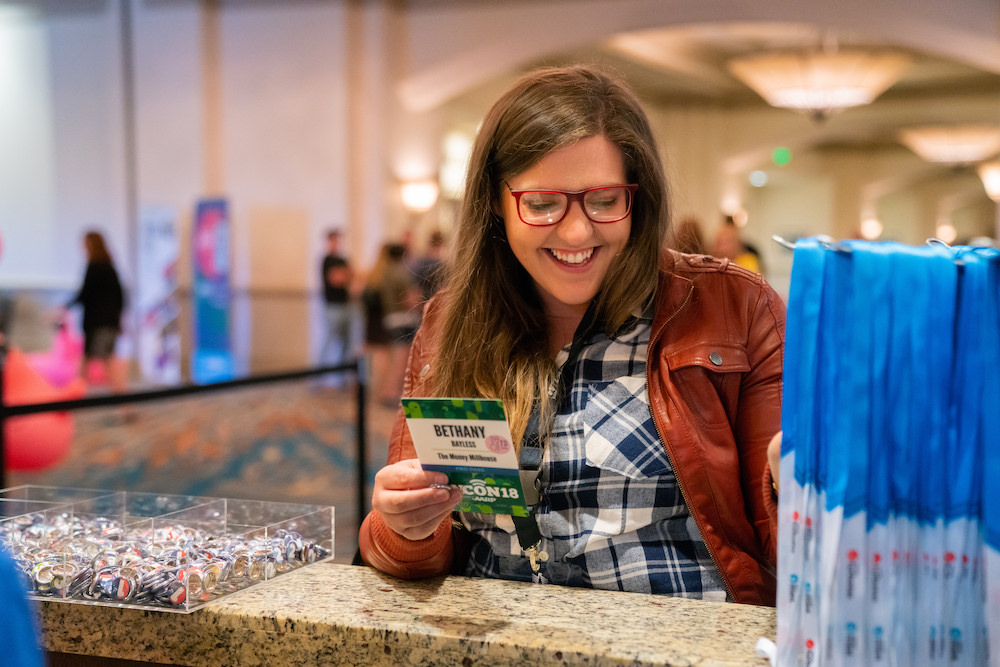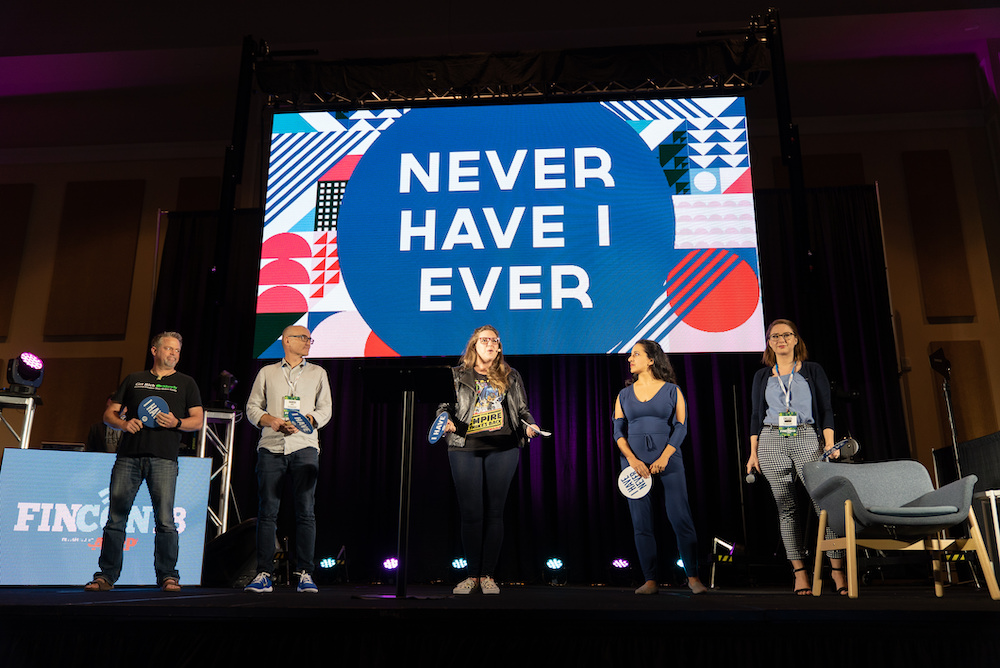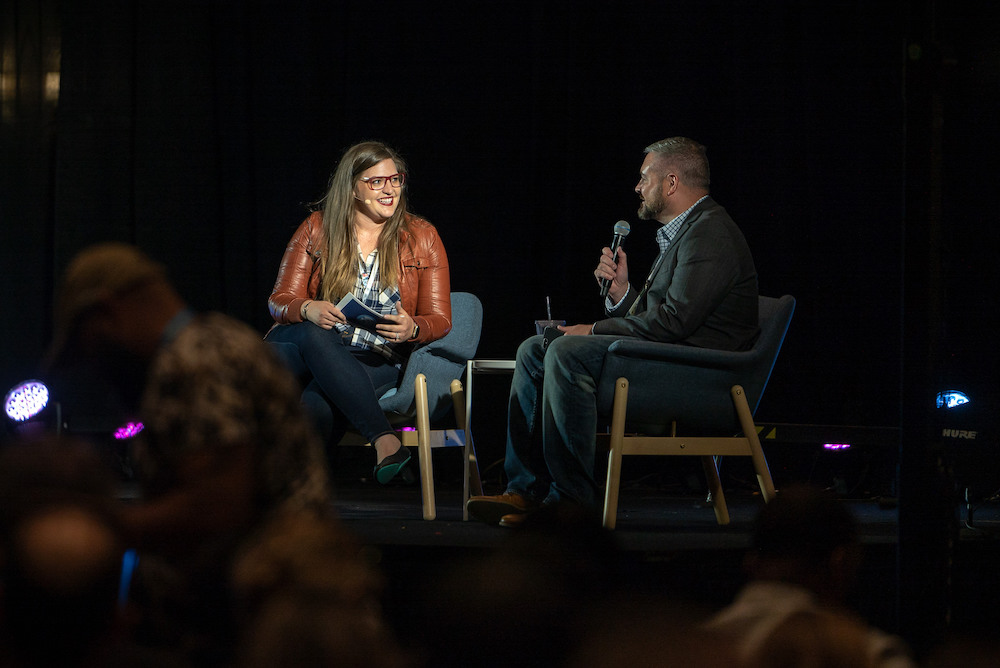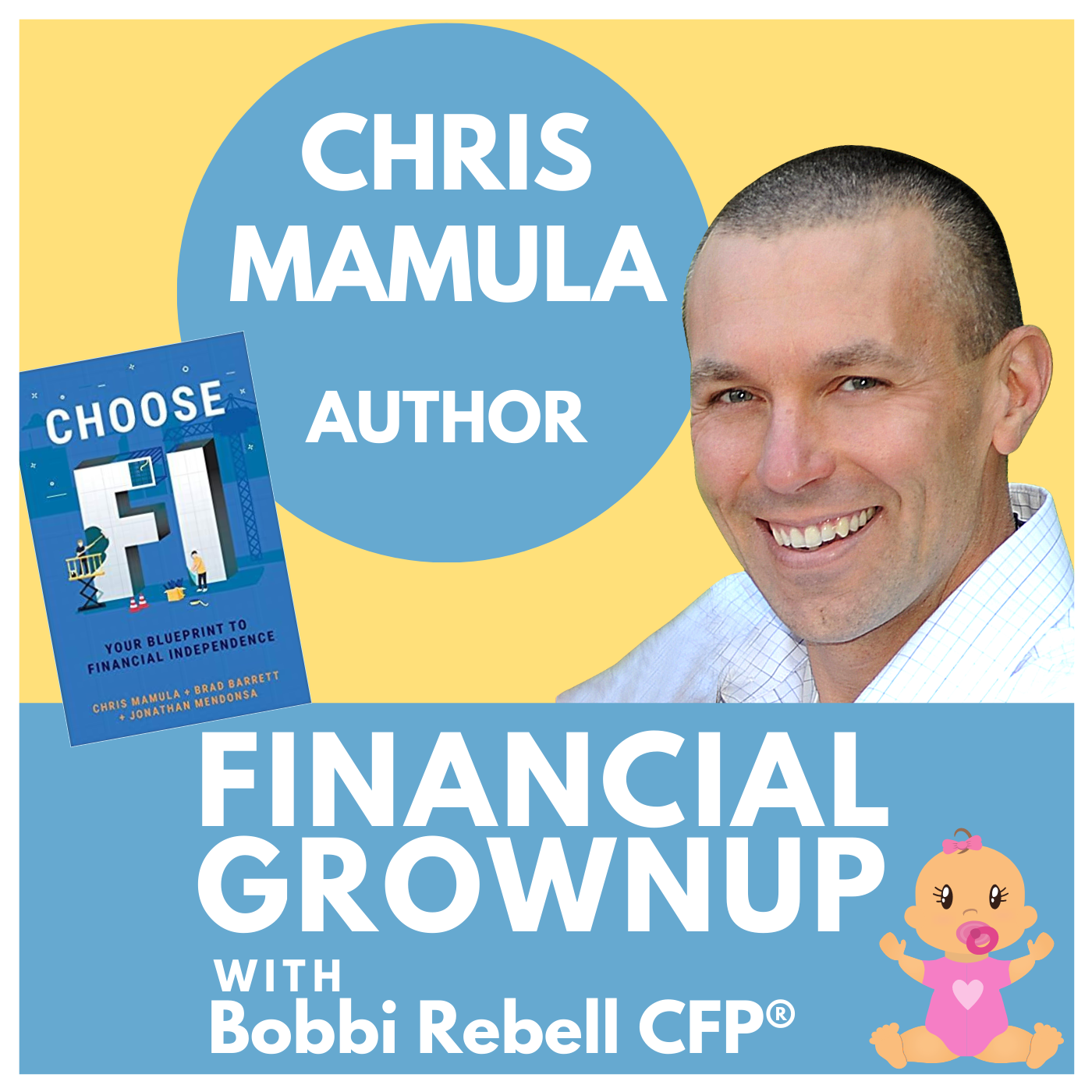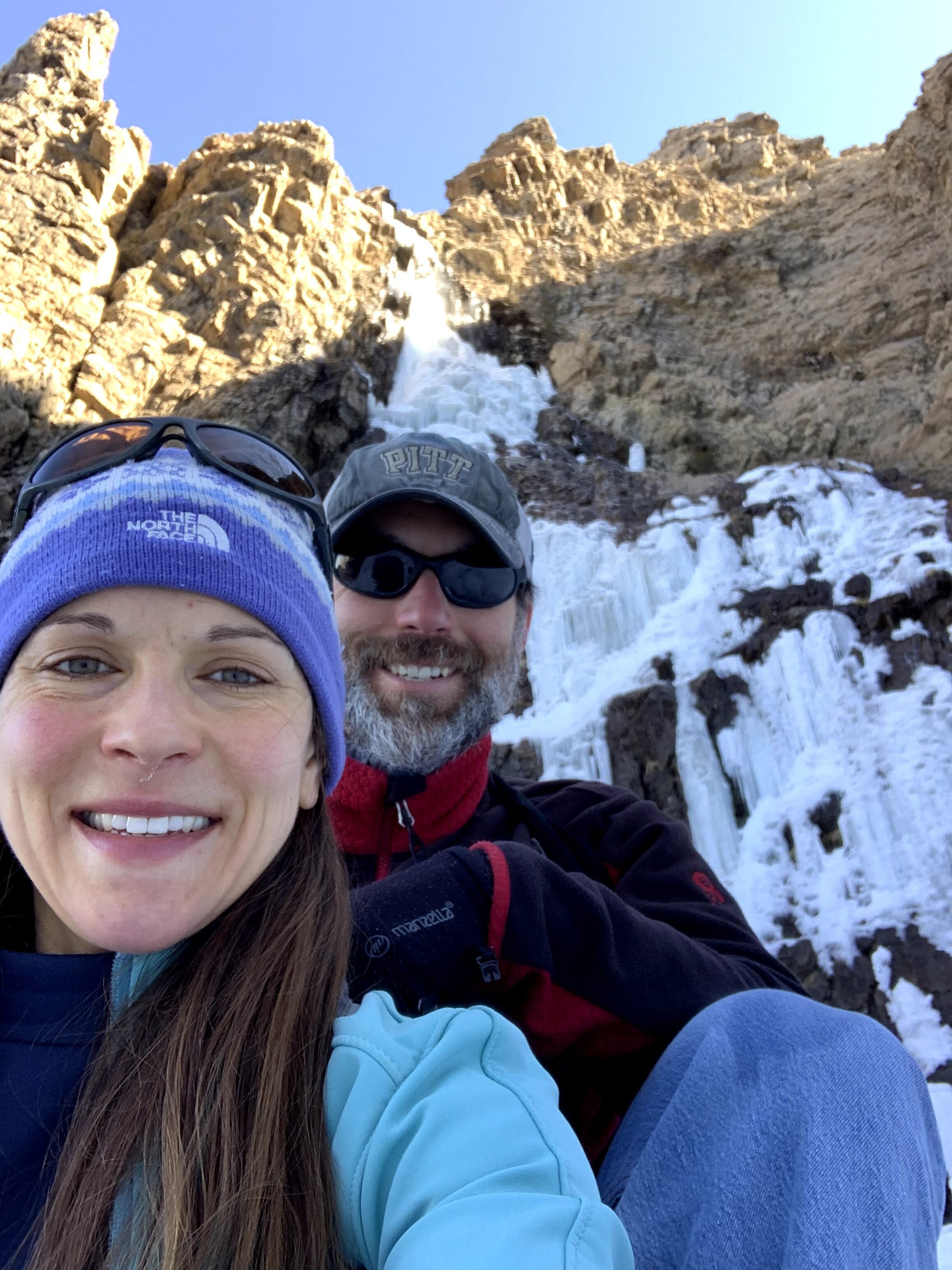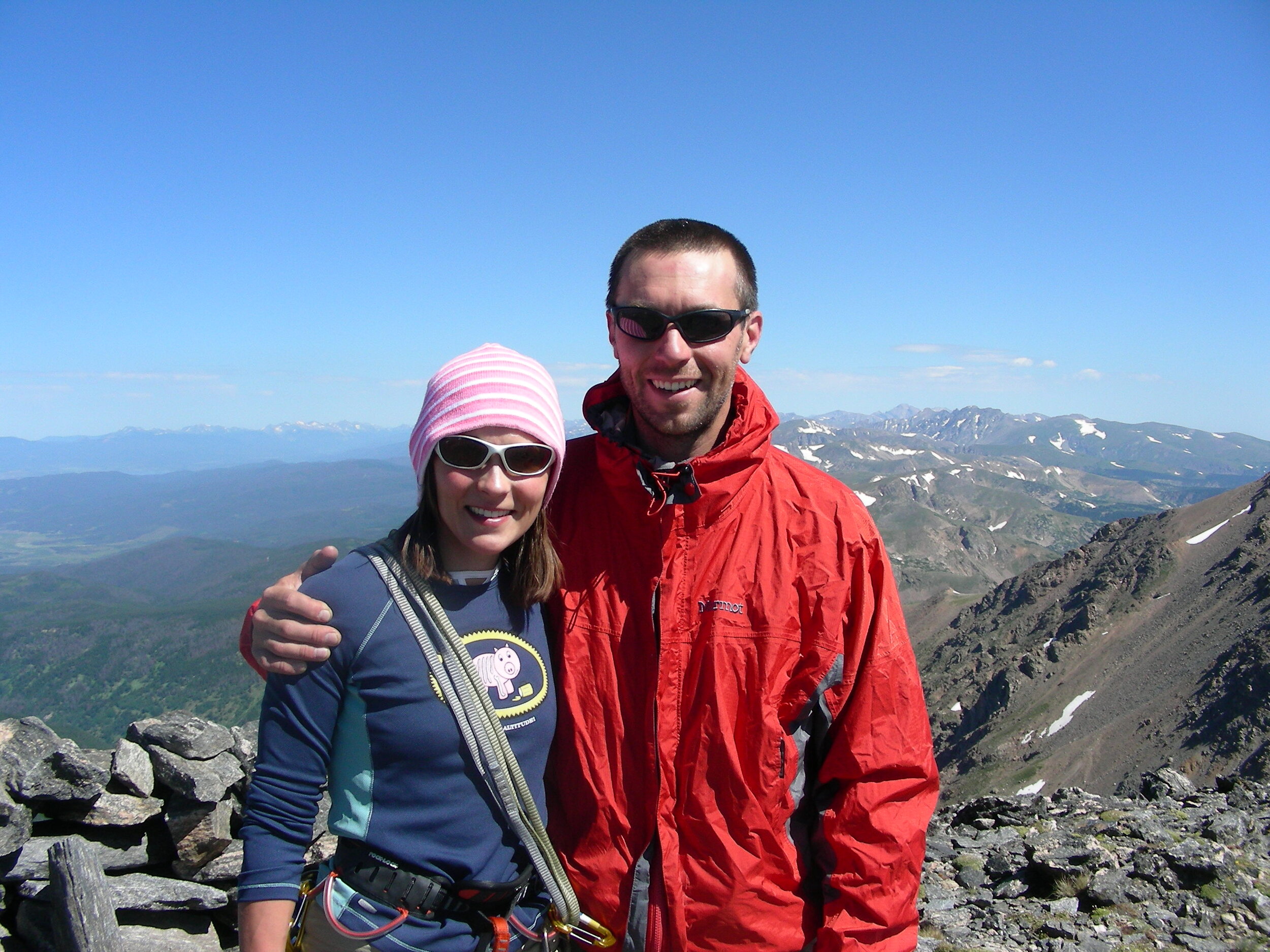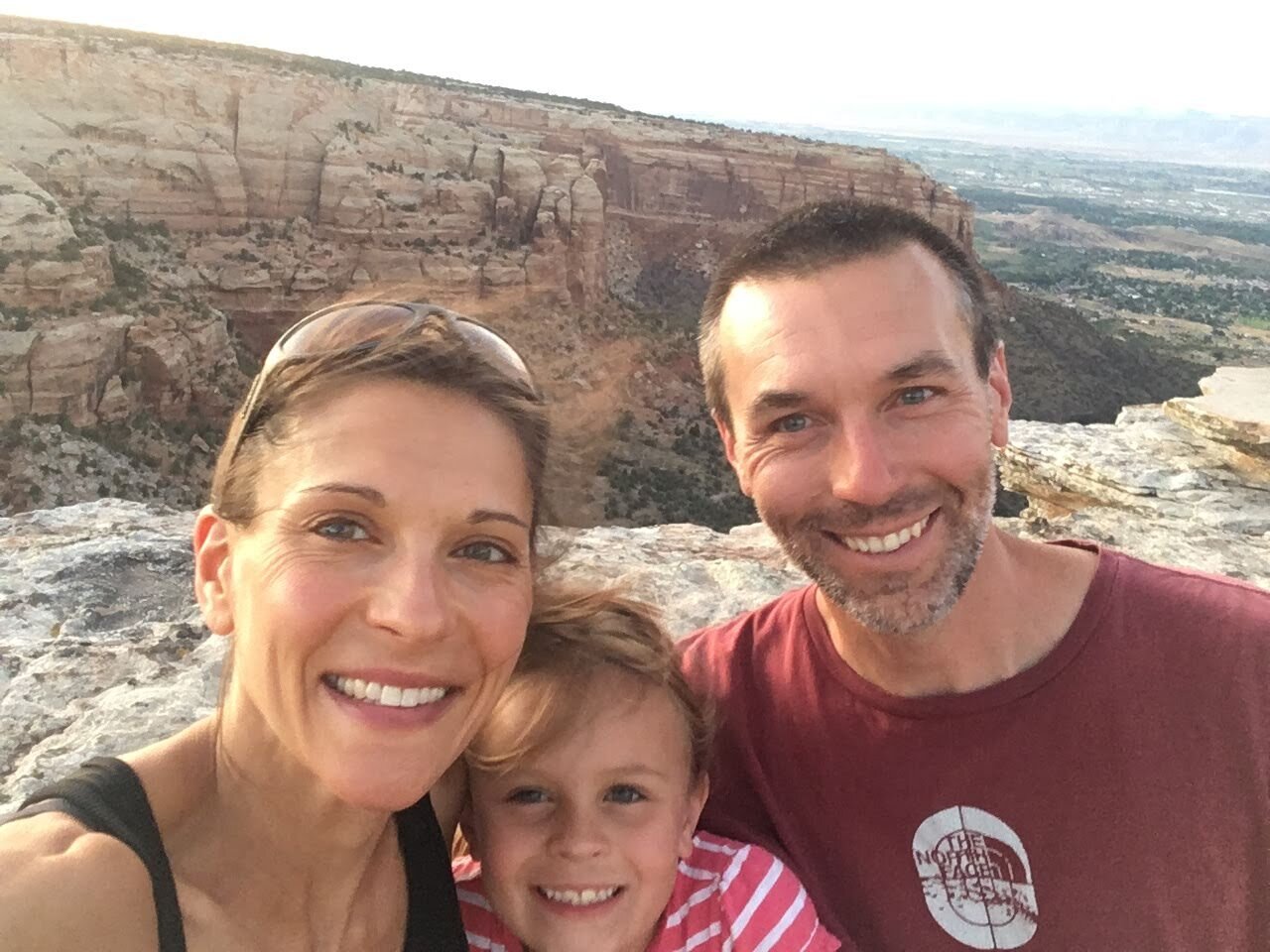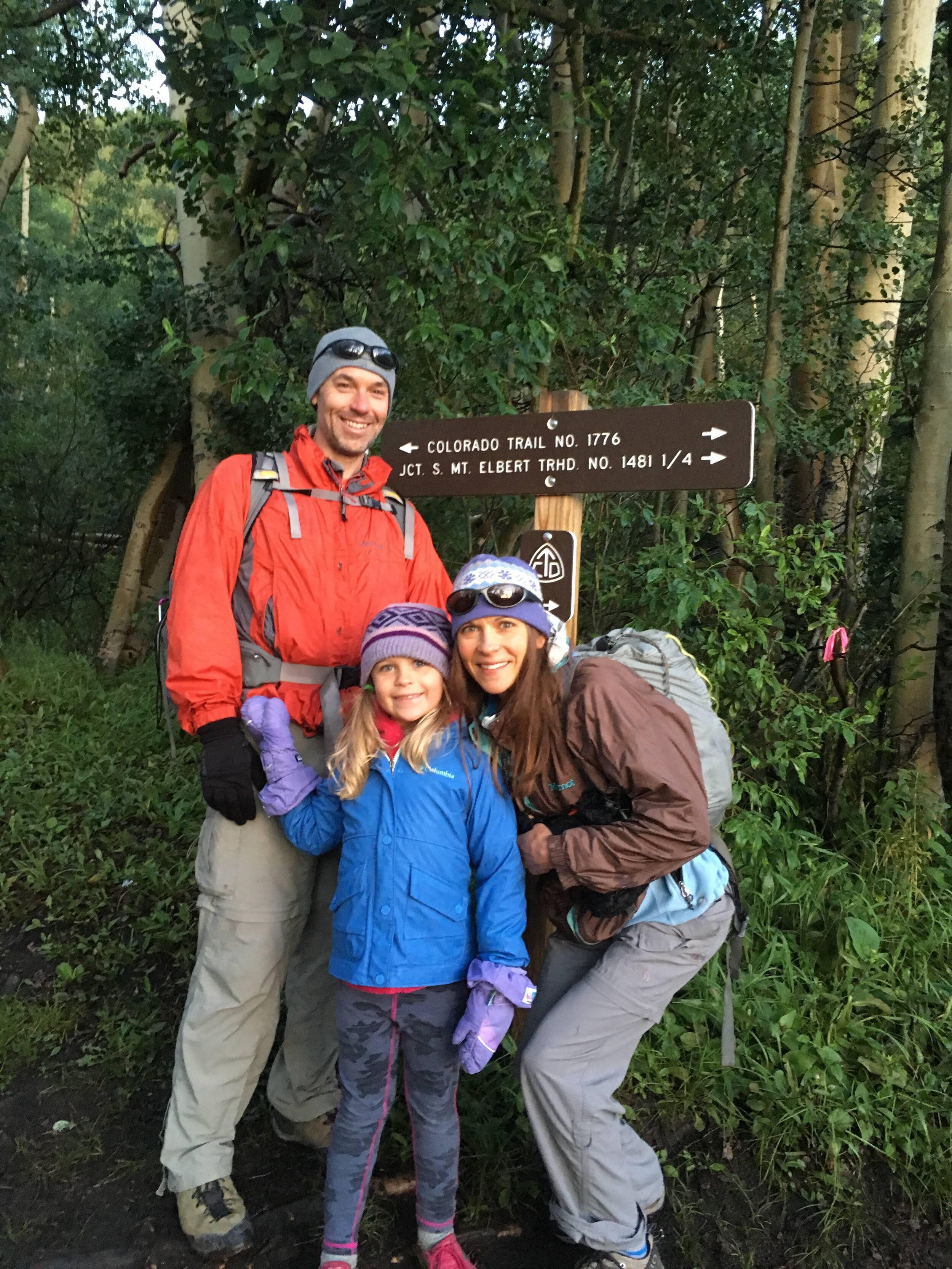Allison Baggerly’s emergency fund was literally a life saver for her beloved dog Joey. She shares her money story, along with an everyday money tip that rescued her from an expensive online shopping habit she developed during the coronavirus pandemic.
Allison’s Money Story:
Allison Baggerly:
Well, when my husband and I were working to pay off debt, we had two teacher salaries, we were living on two teacher's salaries, working to pay off debt. And we have our dog, Joey, he's still here with us today. He's old, but he is well, and we were visiting family. We left to go see some friends and our dog thought we were leaving him for good. I don't know if he thought maybe we didn't love him anymore. I don't know what happened. But he jumped a chain link fence, ripped out a toenail. The emergency vet we took him to did not give him a strong enough prescription for his size, and he also wrapped his leg too tight.
Allison Baggerly:
So by the time we took off the wrap, he had actually developed gangrene in his leg. And so we were two poor teachers. We basically drained our savings to cover the cost of his leg amputation. I'll never forget feeling so stressed and so overwhelmed because I thought how are we going to pay for this? How are we going to pay for our beloved dog who had this accident? It was completely unexpected. And so we just felt very lost and very helpless in that moment.
Bobbi Rebell:
So what happened? First of all, did you go back to the vet and have certainly at the very least, I mean, how could they have charged you for this given that it sounds like there was some fault on their part?
Allison Baggerly:
So we never were able to prove fault on their part. I was just so emotionally worked up and focused on our dog that I was just like, you know what? I don't even care. People were like you need to get revenge. You need to get your money back. And so we ended up getting some of the money back. Actually my father-in-law contacted his homeowners insurance and somehow they covered the cost of that vet visit, but we had to be out of pocket for the amputation. We actually took them to two different vets to get him looked at. And then our vet was the one who did the amputation and he said he had never seen a case so bad. It was rapidly, like you could see it going up his leg over time. And so it was a matter of, we knew we had to pay for it. Thankfully we didn't have to go into debt or put it on a credit card for it, but it completely drained our savings, which made me feel very insecure as a person in terms of my money.
Bobbi Rebell:
Yeah, because that was by definition your backstop. And now what happens if something else happens and it teaches us that as much as emergency funds are important, somehow they're never enough, especially we see what's going on with Coronavirus. We've talked about three to six months emergency funds as being sort of the gold standard. And here we are six months passed. So this is a reminder that it's not only coronavirus that can really devastate an emergency fund. There's so many things that happen. And of course with medical stuff, with humans and with furry friends, you can't always get a second opinion in an emergency. I mean, you were stuck with a medical help you could get at that moment, and you couldn't really go in and be negotiating the bill. You needed medical help. It was an emergency,
Allison Baggerly:
It was an emergency. We needed it right then, or else it would spread to his body and he would have died. It just goes to show you that so often people say $1,000, $2,000, $3,000 is enough while you're paying off debt. And that taught me that it wasn't. It wasn't enough. I was not prepared to cover those types of things. And those things are going to happen whether or not you like it.
Bobbi Rebell:
Yeah. And I have to ask you, so I'm guessing you did not have pet insurance at the time.
Allison Baggerly:
No, we didn't have pet insurance and we don't have pet insurance now. We just paid for it out of our savings, it completely drained it. We ended up actually canceling, my husband had a work trip that he was going to be going on. We ended up canceling that work trip. He was going to have to pay for things like hotel and food so that we could try to increase our savings or put some of that money back in our savings account for the future and build it back up.
“You can never have too much money in savings. If you are working to pay off debt it is ok to pause that goal in order to increase your savings.”
Allison’s Money Lesson:
Bobbi Rebell:
What is the lesson for our listeners from the story? When you look back on it, how many years ago was it?
Allison Baggerly:
It was about seven years ago. He's actually lived longer with three legs than he has with four. So it was about seven years ago. And I would say my lesson is that you can never have too much money in savings and that if you're working to pay off debt, it's okay to pause that goal to increase your savings. Even though it's not fun, even though you might not feel like you're making progress, it will be worth it because there will come a time when you are thankful that you have that money set aside even if it feels like it's just sitting there doing nothing.
Bobbi Rebell:
How do you know how much? Where is the balance though? A lot of people are always confused about that. What's your opinion?
Allison Baggerly:
My opinion is three to six months of your emergency expenses. Usually if you're going to do something like lose a job, hopefully you'll be able to get a new one within that time. So I teach people to actually calculate how much they would need for an emergency budget. Meaning you do things like cancel Hulu, cancel Apple Music. Those types of things can go in an emergency situation. So it's going to vary per person. But I definitely don't think that even just 1,000 or $2,000 isn't enough because it doesn't cover much anymore
Bobbi Rebell:
Such a good point. But you also point out, well that even like for now in Coronavirus times it's been six months, but yet we are spending less because we're home. So when you're in an emergency situation, you will probably not have the same financial needs as you would have. So you have to make those adjustments.
“I created a tracker and I literally will color in a box every single day that I complete one of my goals. It’s fun for me to see myself visually see myself reaching three small goals that support my bigger money goals.”
Allison’s Money Tip:
Allison Baggerly:
So my everyday money tip is one that I've actually started doing in the coronavirus pandemic. I realized that I was spending so much money online. I don't know if I was maybe processing everything and turning to my emotions. I was stressed and I was stress shopping online, but I realized I was spending so much money on Amazon, it was ridiculous. And so I created basically a tracker to track three money goals. I said, you know what? I need to get back on track with my goals of not spending so much money online and doing different things that helped me financially. And so I created this tracker and I literally will color in a box every single day that I complete one of my goals. And they're so simple.
Allison Baggerly:
One of them is to cook dinner at home, one of them is no online shopping and the other one is exercise. Even though that might not be a money goal, it does help you out financially in years to come. I track those things so that I can build those better habits and just continue to take one step closer every single day to the money goals that I want to achieve.
Bobbi Rebell:
How do you manage it if a day you don't do one of the goals? How do you get back on track?
Allison Baggerly:
I just say, okay, you know what? I didn't do it today. That's okay. This is one day, tomorrow is different. So there are days when I don't cook dinner at home whenever I knew I was planning on doing that. And instead of beating myself up for it, instead of saying like, Oh, I failed, I'll just go ahead and start over in the next month or I'll just wait. I'll just keep failing for the next couple of days. Instead of assigning that to my identity, I just say, okay, this happened, thankfully there's still however many days left in the month where I can turn this around and make progress. And so it's fun for me to actually visually see myself reaching three small goals, which those three small goals, they support my bigger money goals. I know if I do these three small things every day, that they can actually make a difference in my big goals that I have set.
Bobbi’s Financial Grownup Tips:
Financial Grownup Tip #1:
So many people have been adopting pets during COVID-19, which is amazing, but please make sure you understand the financial commitment before you do so.
Financial Grownup Tip #2:
If you aren't ready for the financial and lifestyle commitment, or you're just not sure, consider fostering dogs in need while they are waiting for a permanent home. You can get some welcome company and love during the pandemic and really help a pet in need.
Episode Links:
Allison’s website - www.inspiredbudget.com
This Is Awkward podcast
Get Allison’s FREE Money Tracker here
Follow Allison!
Twitter - @inspired_budget
Facebook - @inspiredbudget
Instagram - @inspiredbudget
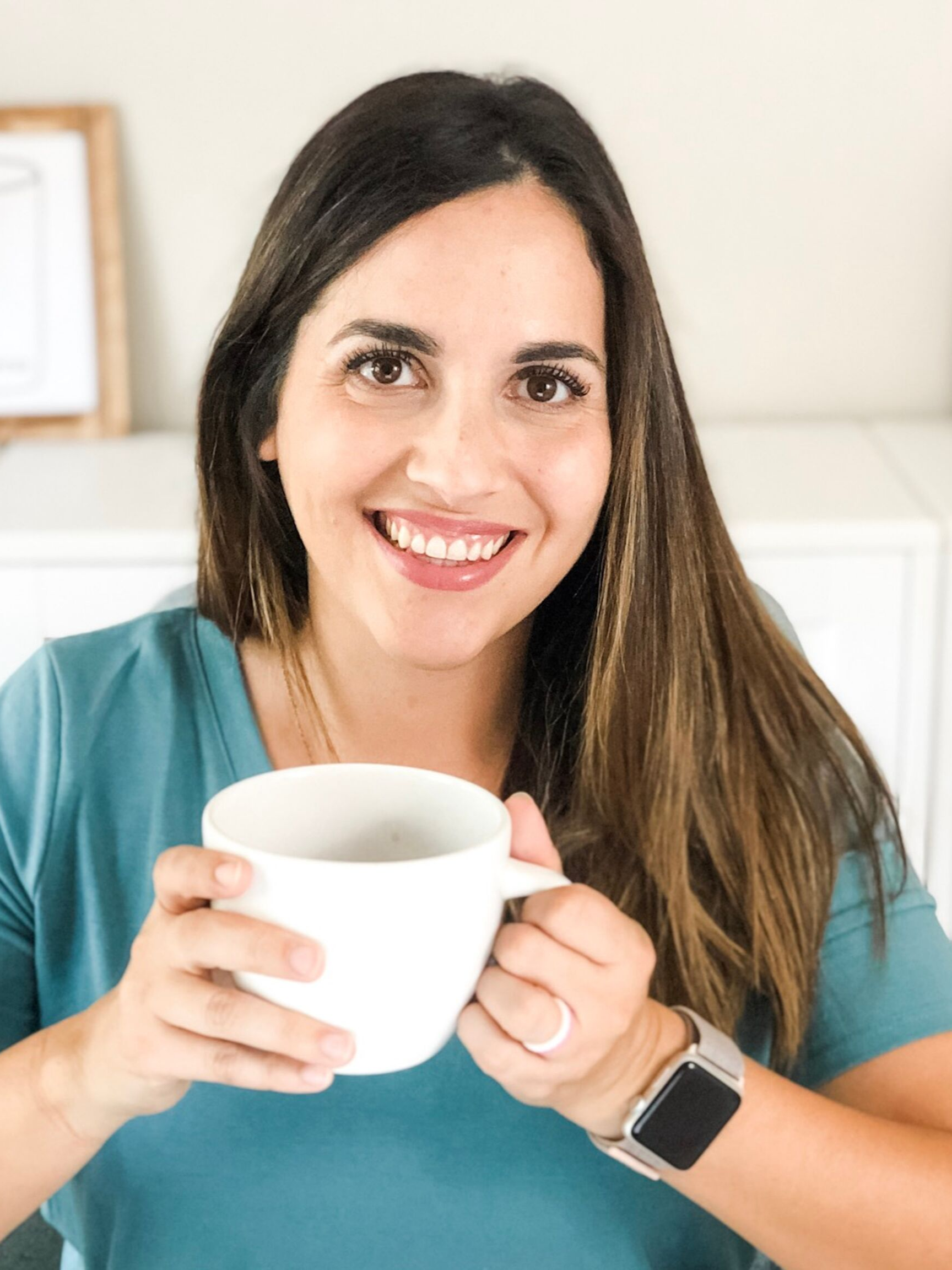
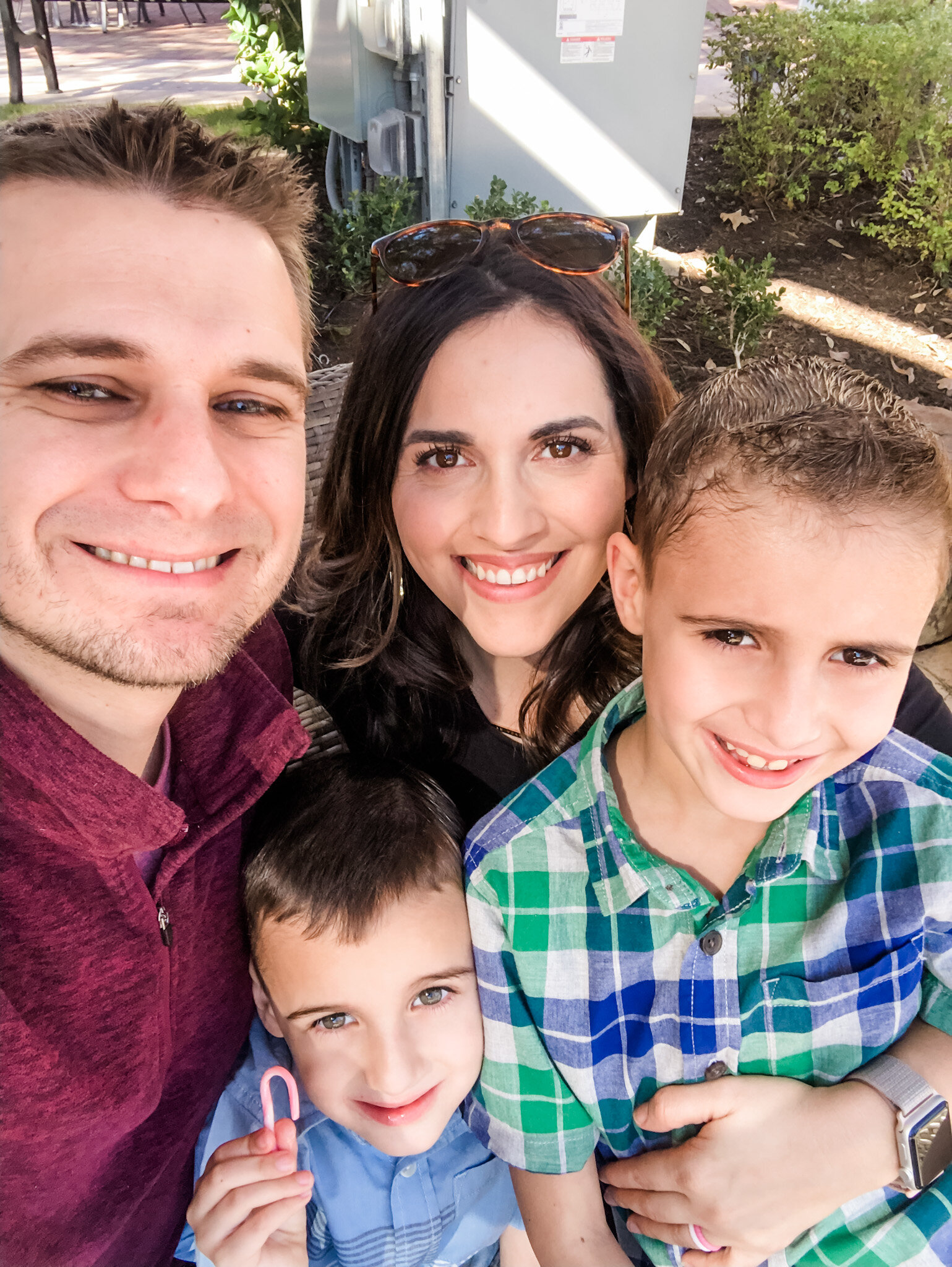
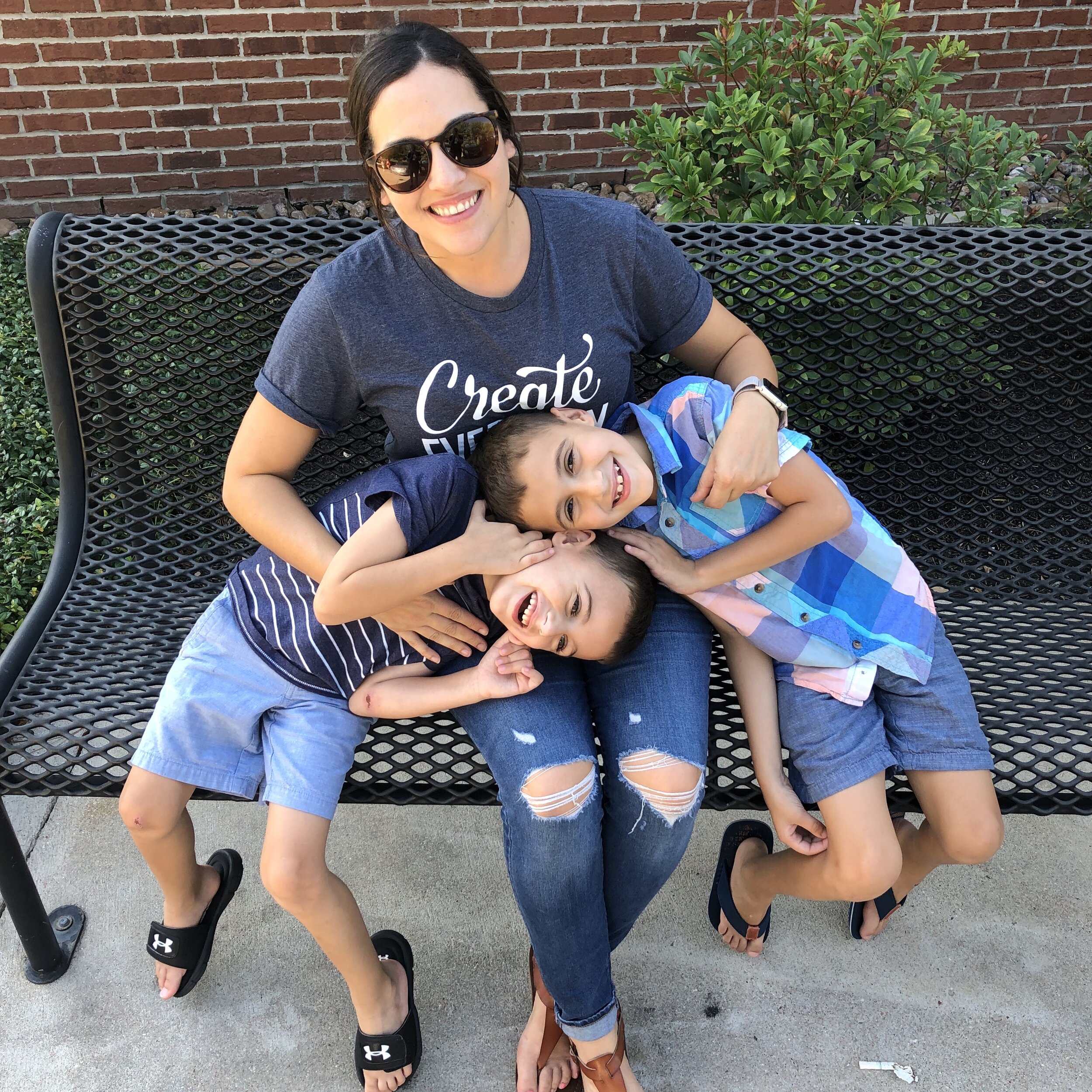
Some of the links in this post are affiliate links. This means if you click on the link and purchase the item, I will receive an affiliate commission at no extra cost to you. All opinions remain my own.
















